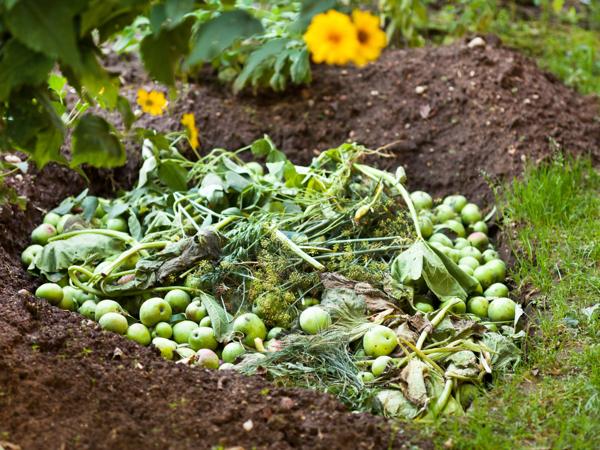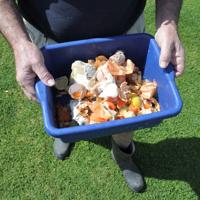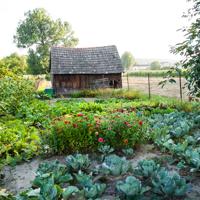If you’re passionate about sustainable gardening, like me, you’ve probably heard about the benefits of compost tea. This natural wonder can nourish your plants and improve soil health without the need for synthetic fertilizers. Let’s explore how you can make and use compost tea in your garden.
What is Compost Tea?
Compost tea is a liquid solution brewed from compost. It contains beneficial microorganisms, nutrients, and organic matter that can enhance plant growth and soil vitality. Think of it as a natural tonic for your garden.
Why Use Compost Tea?
There are several potential benefits to using compost tea:
- It may enhance plant growth by supplying nutrients directly to plant leaves and roots.
- It could help improve soil structure and increase water retention.
- The beneficial microorganisms in compost tea might help suppress certain plant diseases.
- It may also boost the diversity of soil life, contributing to long-term soil health.
Making Compost Tea
Materials You’ll Need
- Finished Compost: Use well-decomposed compost, preferably homemade or sourced from a trusted provider.
- Water: Non-chlorinated water is best, as chlorine can harm beneficial microorganisms.
- Brewing Container: A 5-gallon bucket works well.
- Aeration Device (optional): An aquarium pump can promote aerobic conditions, which are more beneficial for the microorganisms.
- Strainer: Old pantyhose or cheesecloth can be useful to filter out solids.
Basic Recipe
- Fill the Container: Add about one-third compost to your container.
- Add Water: Fill the rest of the container with non-chlorinated water. If you only have chlorinated tap water, let it sit in the open air for 24 hours to allow the chlorine to dissipate.
- Optional Aeration: Use an aquarium pump to bubble air through the mixture. Aerating for 24-36 hours is common. This process encourages aerobic bacteria, which are generally considered more beneficial.
- Stir Regularly: If you’re not using aeration, stir the mixture a few times a day to keep the contents well mixed and oxygenated.
- Strain the Tea: After brewing, strain the liquid to remove solid particles. Your compost tea is now ready to use!
Using Compost Tea
Application Methods
-
Foliar Spray: Apply the compost tea to the leaves of your plants. This method can help deliver nutrients directly to the plant tissue and potentially deter certain diseases.
-
Soil Drench: Pour the compost tea directly onto the soil around the base of your plants, allowing it to infiltrate the root zone.
Application Tips
- Timing: Apply the tea in the morning or late afternoon to prevent sun scorch.
- Frequency: You might start with once every couple of weeks and adjust based on your plants’ reactions.
- Testing and Observing: Pay attention to how your plants and soil respond. Compost tea doesn’t work like magic, and results can vary.
Potential Considerations
While many gardeners find compost tea beneficial, the scientific community has mixed opinions. Some studies suggest it can improve plant and soil health, while others find limited effects. It’s important to observe and adjust your practices according to your specific gardening conditions.
References for Further Reading
- Ingham, E.R. (2005). The Compost Tea Brewing Manual. Soil Food Web Incorporated.
- Litterick, A., & Wood, M. (2009). Benefits of Compost Tea for Plant Growth in Sustainable Gardening. Journal of Applied Microbiology.
Exploring the world of compost tea can open up new dimensions in your gardening journey. As with any gardening practice, the key lies in observation and adaptation. It’s a humble reminder that nature knows best, and often, we’re just along for the ride.




